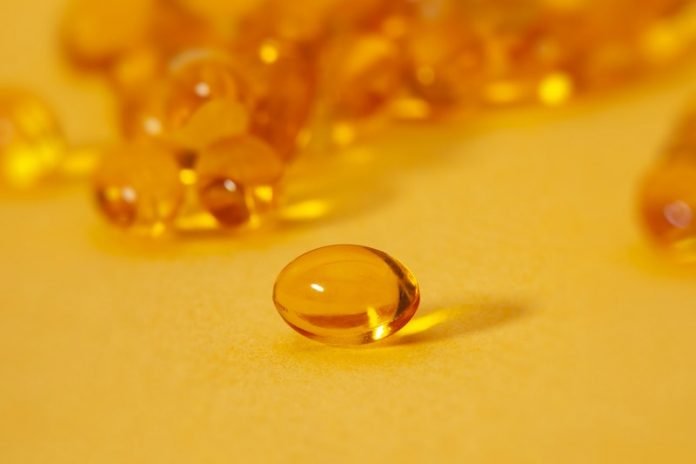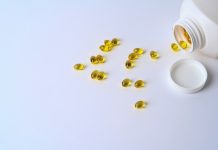
The COVID-19 virus initially has a limited capability to invade, attacking only one intracellular genetic target, the aryl hydrocarbon receptors (AhRs).
Yet it leads to widely diverse clinical symptoms, suggesting multiple pathogenic mechanisms.
In a recent study at Medical University in Lublin, researchers found possible therapies to prevent and treat COVID-19 based on calcitriol (vitamin D), dexamethasone, and tocopherol (vitamin E).
These therapies may help disrupt the inflammatory “vicious circle” in COVID-19.
The study is published in Restorative Neurology and Neuroscience. One author is Waldemar A. Turski, MD, PhD.
In the study, the team showed how excessive activation of AhRs via the IDO1-kynurenine-AhR signaling pathway, which is used by many pathogens to establish infection, leads to “Systemic AhR Activation Syndrome” (SAAS).
They also suggest that therapies targeting the downregulation of AhRs and IDO1 genes should decrease the severity of the infection.
SAAS underlies inflammation, thromboembolism, and fibrosis that may lead to severe disease and death from COVID-19. When coronavirus (CoV) infection persists, it activates IDO1 by massively releasing cytokines.
This in turn perpetuates the already extensive viral activation of AhRs, and the self-limiting control mechanisms of the host immune response may derail, triggering the cytokine storm underlying the most severe symptoms of COVID-19.
The researchers showed that CoVs are perfect viruses leaving nothing to chance and show how difficult it is to stop them after cell invasion.
They described how many of the features and symptoms of COVID-19 may be dependent on AhR activation, including thromboembolism, fibrosis, multiple organ injury, and brain damage.
The team also explored how environmental factors, such as urban dust and diesel fumes, may activate AhRs and make humans more prone to pathogens, including CoV.
The molecules they found were dexamethasone for AhR and IDO1, and calcitriol, the active form of vitamin D, which is also known to inhibit the spread of other viral infections, for the AhR gene.
Likewise, tocopherol, a form of Vitamin E, might downregulate IDO1 and is known to play a positive role in response to viral infections and inflammation in aging.
The researchers call for more studies and prospective trials to determine if calcitriol and tocopherol supplementation should be recommended for the prevention of COVID-19 infections.
Copyright © 2020 Knowridge Science Report. All rights reserved.



